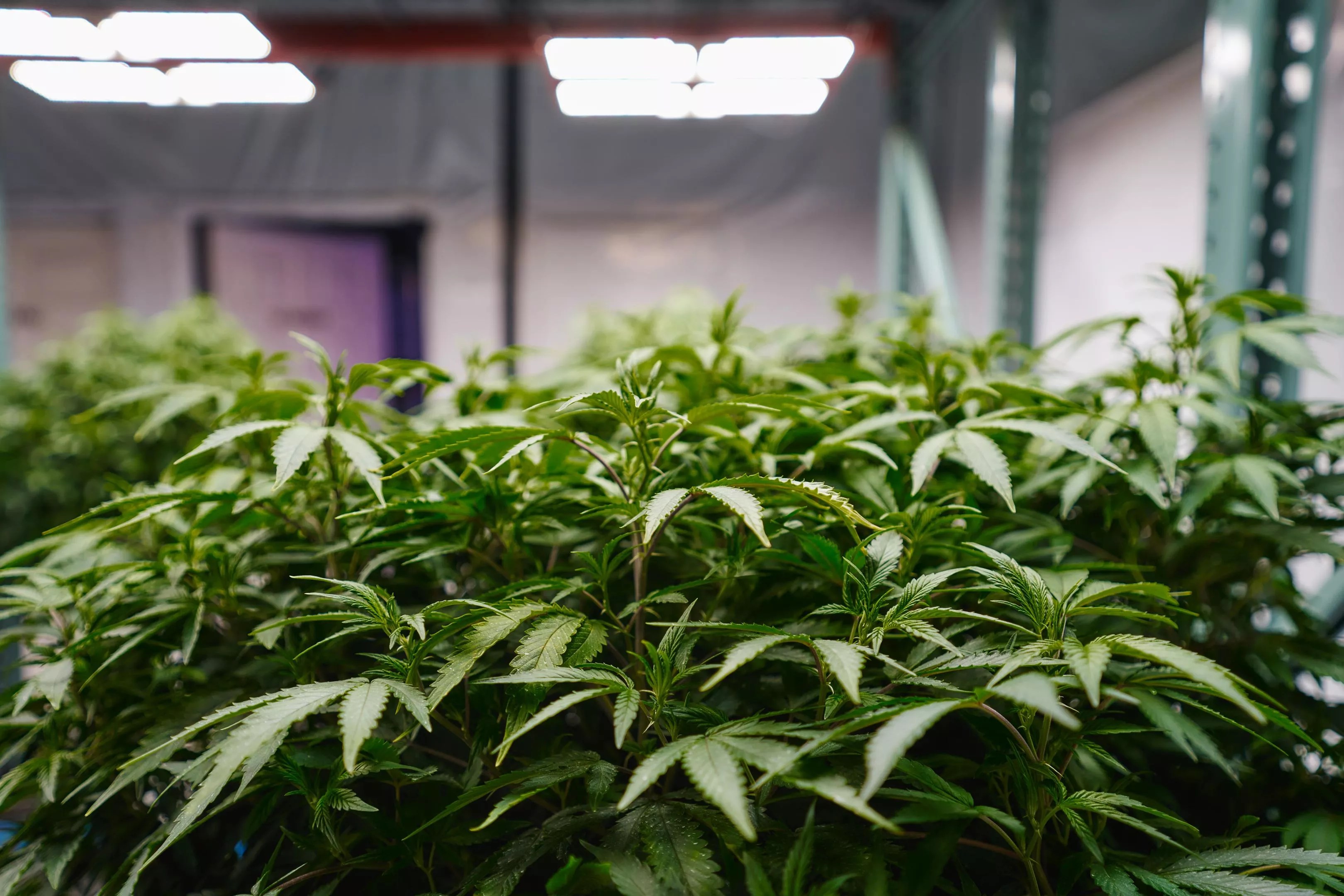
Christopher Durbin

Audio By Carbonatix
Few things are as divisive as this week’s election has proven to be, but there is one ballot measure that seemed to unify Dallas voters with resounding success.
Sixty-seven percent of Dallas voters approved Proposition R, a city charter amendment that will prohibit Dallas police from arresting or citing individuals suspected of possessing up to four ounces of marijuana. The new law will also bar police from citing the smell of marijuana as probable cause for search and seizure.
Proposition R, also known as the Dallas Freedom Act, made its way onto the ballot after months of grassroots petitioning by the advocacy group Ground Game Texas, and was endorsed by country star Willie Nelson (who has a certain, er, expertise on the topic). Dallas was the latest target for Ground Game Texas; the group has worked to pass similar marijuana measures in Austin, San Marcos, Killeen, Elgin, Denton and Harker Heights.
On Election Day this year, Lockhart and Bastrop joined the list alongside Dallas, and Big D became the largest Texas city to decriminalize small amounts of pot. Some marijuana decriminalization efforts have failed, too. During a May election, Lubbock voters overwhelmingly struck down an ordinance that would have been similar to Dallas’, outlawing arrests for marijuana possession up to four ounces. The proposition was not overseen by Ground Game.
Dallas’ new amendment will go into effect as soon as the city certifies the results of the election, but before you celebrate with a puff, there’s a few things to know.
It’s Not Easy Decriminalizing Green
For each city that has given weed the thumbs up, Texas Attorney Gen. Ken Paxton has attempted to interfere. In January, Paxton sued Austin, San Marcos, Killeen, Elgin and Denton for their lackadaisical marijuana policies, stating he would not “stand idly by” as “pro-crime extremists” promoted the use of “illicit drugs.”
Catina Voellinger, executive director of Ground Game Texas, believes that it is “definitely a possibility” that Paxton will eventually target Dallas’ charter amendment – but, she added, the group has learned from his past targeting.
“It’s hard to predict what happens on the state level, but one can infer that that might happen,” Voellinger told the Observer. “Something that we’re adding in our policy, and this was in reaction to Ken Paxton, [are precautions] where it says if at any time this policy is not legal, then the city has to default to deprioritization.”
The deprioritization fallback would help Dallas stay compliant in the event a judge sided with Paxton’s decriminalization challenge, while still allowing the city to place a lower emphasis on marijuana related citations or arrests. All that said, a judge would first have to side with Paxton.
Over the summer, judges in Travis and Hays counties both dismissed Paxton’s cases against Austin and San Marcos, respectively. The Travis County judge dismissed the case with prejudice, meaning Paxton will be unable to refile his complaint, although Ground Game officials said at the time they expect the ruling to be appealed. To Voellinger, the dismissals signal “the law is on [Ground Game Texas’] side.”
And there may be signs Paxton is softening his stance. Last week in Killeen, 70 miles north of Austin, lawyers from the Office of the Attorney General agreed to temporarily halt the state’s lawsuit. Bell County Commissioner Louie Minor told the Killeen Daily Herald the decision was a “victory” for the town.
“I can’t think of a bigger waste of taxpayer resources than for the attorney general’s office to sue the city over a voter-approved ordinance,” Minor said. “Multiple judges in other jurisdictions have dismissed Paxton’s other cases, stating that no harm has been done to the state.”
How Much is Four Ounces, Really?
Paxton isn’t the only official who might get a bit touchy over Dallas’ proposition. Voellinger says experience has shown that the group must ensure that cities actually comply with the decriminalization policies once they are passed.
Since 2022, the group has been maneuvering the legal system in Harker Heights, a town of around 34,000 just east of Killeen. Despite a nearly two-thirds vote in favor of marijuana decriminalization by Harker Heights voters in 2022, the City Council refused to reform the weed enforcement and said that creating such an ordinance would interfere with state law. In response, residents voted again to approved the measure, and Ground Game Texas filed a lawsuit against the town, which has since been withdrawn.
To Voellinger, it’s evidence that vigilance is needed to make progress on the decriminalization front. She says larger cities have generally been more receptive to the voter approved measures, but there is one critique of Prop R she believes “lacks merit,” although its herald has since moved on to greener pastures.
Over the summer, former Dallas Police Chief Eddie Garcia warned the Dallas City Council that he thought four ounces of marijuana was too much to legalize. Holding up plastic bags displaying the difference between two and four ounces of weed, Garcia told the council that he believes four ounces of pot was “not small or for personal use” and that Prop R would be advantageous to drug dealers.
“When we go to a grocery store, do we just buy one roll of toilet paper? Like, that’s insane,” Voellinger said. “If someone is using personal amounts of marijuana, if it’s daily for an illness, are we asking them to buy every single day? It’s just not practical.”